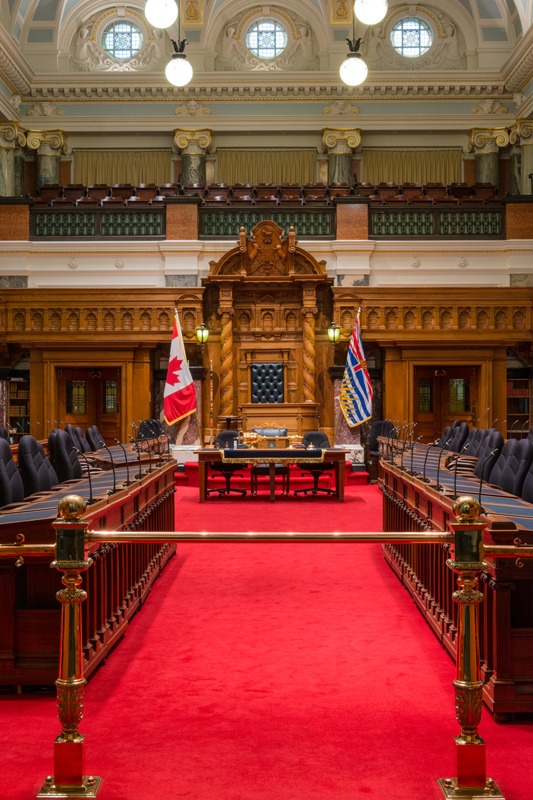One of the unique challenges in a parliamentary democracy that it must provide the government with the opportunity to carry out its business while ensuring that the opposition can effectively hold the government to account for its actions. At the same time, the Legislative Assembly must be able to effectively balance the needs of the government with the responsibilities of the opposition without infringing on the right of each individual MLA to participate in the parliamentary process.
To meet this challenge, parliamentary democracies that are based on the Westminster tradition have developed rules and procedures to structure their operations and business. These rules and procedures are based in constitutional and statutory provisions, the Standing Orders, parliamentary practice, and the rulings of Speakers. Of particular importance are the Standing Orders, which are the formal written rules adopted by the Legislative Assembly to govern its proceedings. The continuing or "standing" nature of these rules means that they remain in effect until the Assembly itself decides to suspend, change, or replace them.
Temporary sessional orders change or supplement the existing Standing Orders for the session in which they were adopted, while special orders may apply to a single or special occasion.
When an MLA has a question about the Standing Orders (or any other aspect of parliamentary procedure relating to the Legislative Assembly), the Clerk of the Legislative Assembly can provide them with procedural information and advice on interpreting the rules. However, it is up to the Speaker of the Legislative Assembly to maintain and enforce these rules.
The Standing Orders can be accessed on the Legislative Assembly website.

